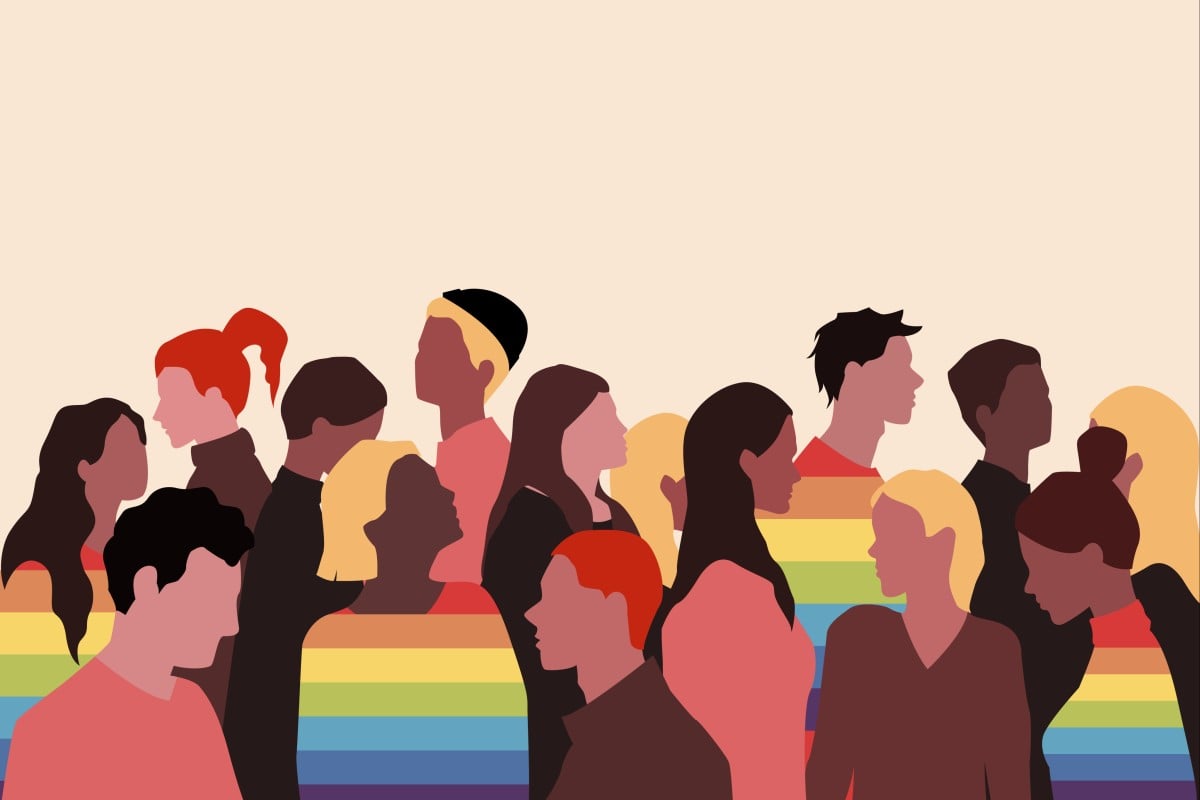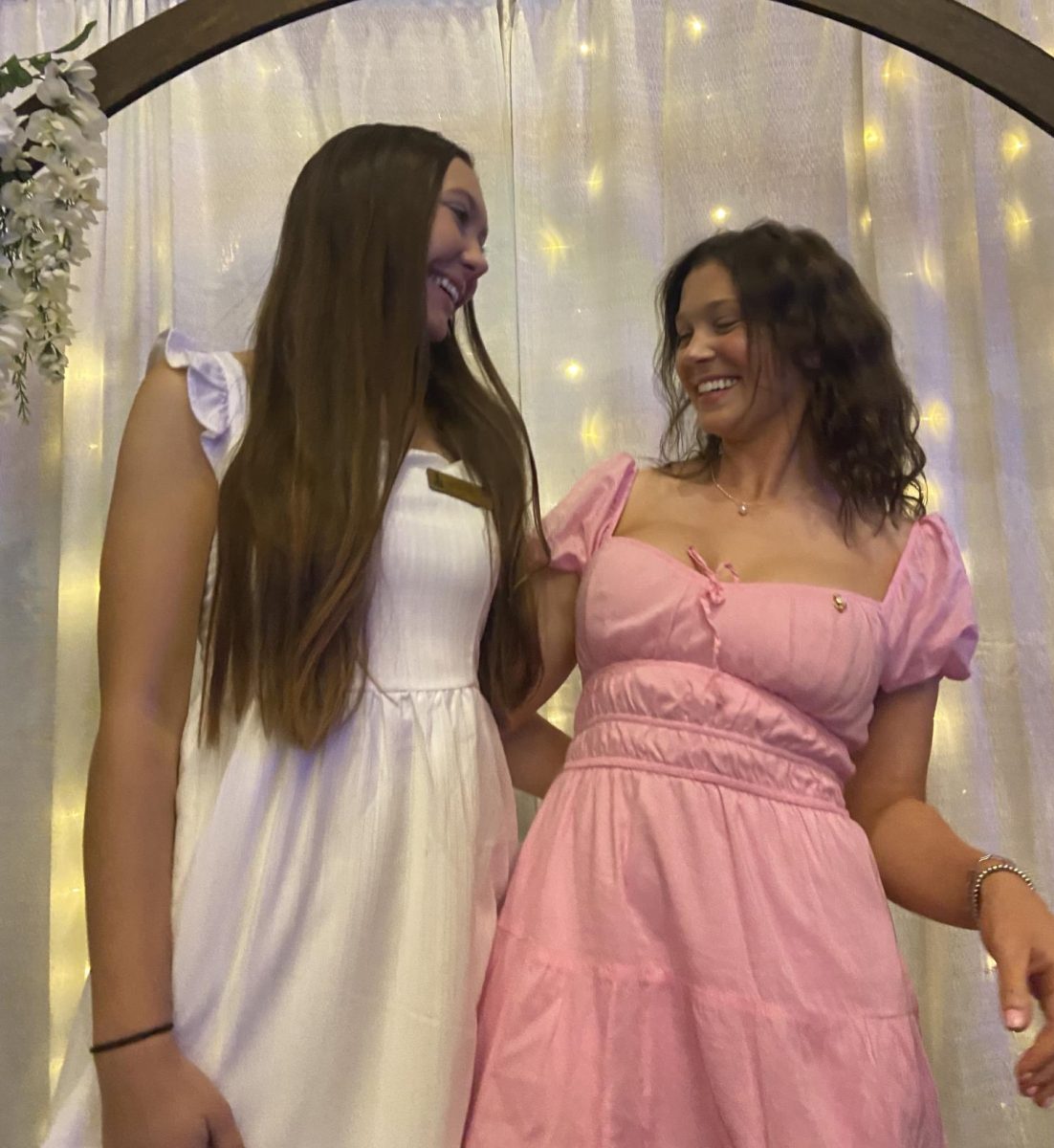A week ago, I was in a local department store with a friend, reminiscing about old times, when we decided to take a stroll through the children’s toys to look at the Barbie dolls. We were so excited to see the dolls, all dressed up in their beautifully designed princess dresses. “Oh,” we thought, “it would bring back thousands of wonderful childhood memories!”
Unfortunately, we were in for a grave surprise: Dressed up was not at all the right phrase. Dressed down, or not really dressed at all, was closer to the truth.
There on the shelf was Top Model Barbie, who wears a short skirt and bright green stockings that reach to her thighs. Oh, and bright-green eye shadow smeared all the way to the eyebrows to match. And, if that isn’t enough, Top Model Barbie comes complete with outrageously high heels and some sort of tank top.
She is, of course, skeleton skinny, but her big hair takes away from the fact that most, normal people would like to see Barbie eat a hamburger or two. This Top Model Barbie comes in multiple editions (whose general differences are the colors of the stockings and the matching eye shadow).
But enough about Barbies. Let’s talk a little bit about us, about our society. Why must we encourage little girls to be stick-thin, wear green eye shadow and be products of what mass marketing and media consider to be beautiful? Why have our ideals of beauty changed so much compared to what is natural? Why don’t we value the naturally pretty, smart girl, whom no one notices because she isn’t wearing four-inch heels?
Why can’t we see Librarian Barbie? Where is Science Major Barbie? What about Nobel Prize Winner Barbie, or Business Woman Barbie?
Perhaps we have fallen into the habit of ignoring real life, following everything we see in the movies. But here is the truth, in case you have forgotten it: Beauty is not green eye shadow. Beauty is not the tightest clothes you can fit into. Beauty is not four-inch heels. Real beauty cannot be artificially created. Beauty is intelligence, humbleness, honor. In a word, beauty is what is left after you have washed away all the makeup.
What is the message we send these little girls whose idea of beauty is Top Model Barbie? Maybe that is not even the most important question. Maybe the most important question is: How can we stop sending that message? If there are any inventors among you, or anyone at all might someday work for a toy company, please, please consider College Degree Barbie, Physicist Barbie, Teacher Barbie. We must consider where our priorities are. We must look again at how we evaluate beauty and what we consider beautiful. We must not let Top Model Barbie be a role model for the next generation of girls.
It starts with the little things.
It starts with the Barbie you own and ends with the way you see yourself. Is changing the way girls view themselves, which ultimately affects their role in society, worth the $10 Barbie profit? It cannot be.
But here we enter into a different, touchy realm: the realm of money. Unfortunately, not even the deepest human problems can move the hearts (or, rather, bank accounts) of the people who can really change things-companies. But there is one thing we little people can do, one big thing: Stop buying. If we do, maybe Top Model Barbie will find herself off the shelf and in the trash can, where she belongs.
Dorotea Lechkova is a sophomore in the College of Arts and Sciences.








